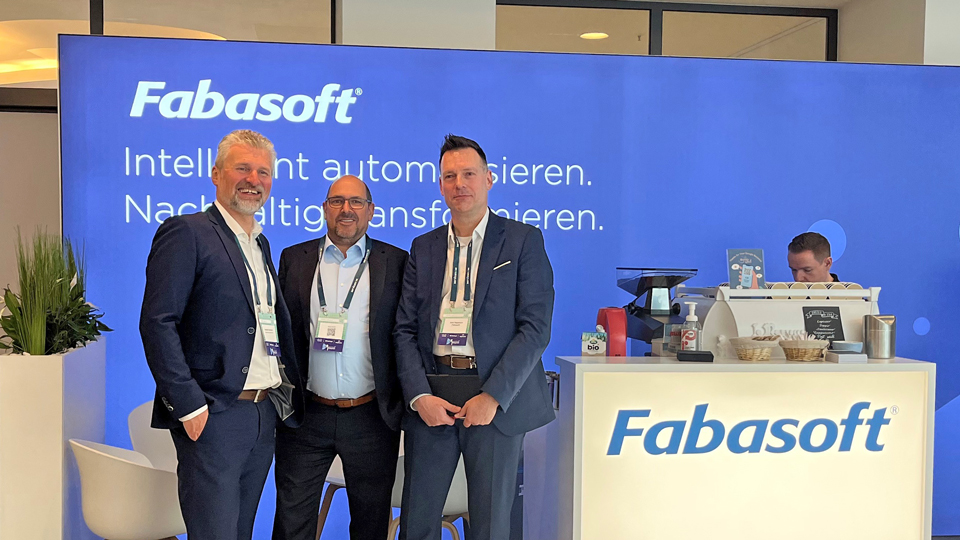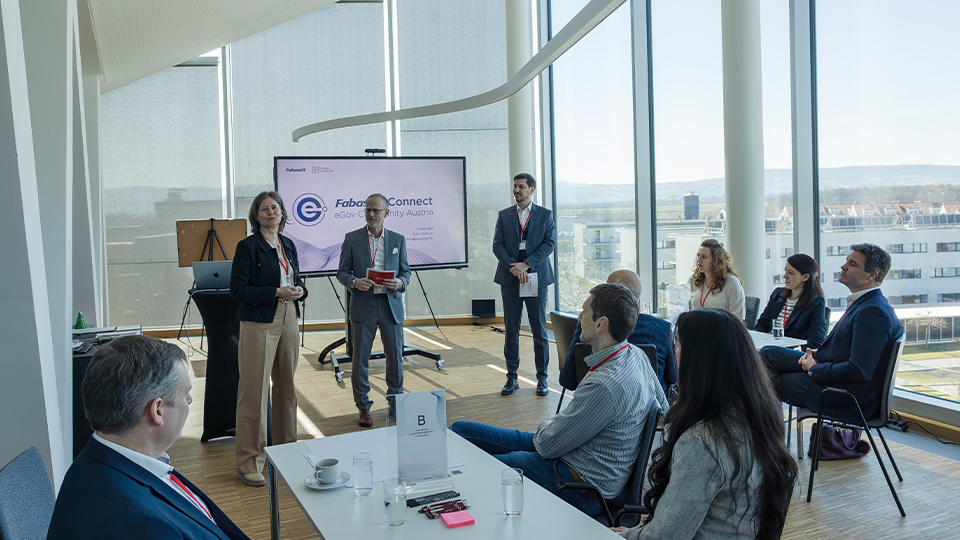Using digital technologies is a far cry from actual digitalization, which requires a consistent process mindset. Particularly for quality management, this applies not only to in-house workflows, but to external workflows with suppliers and customers as well. German industrial group and industry pioneer Siemens Energy is well aware of this and has chosen computer-aided quality (CAQ) as its cross-plant quality management solution.
Efficient quality management calls for a process mindset
The mere use of digital technologies has long since ceased to be a sufficient basis for efficient quality management. Companies need to start thinking in terms of digital processes as a way to optimize costs and elevate the quality of their products or services.
In the manufacturing industry in particular, we often see situations in which vast numbers of components are sourced from multiple suppliers. This means that there are multiple businesses involved in the supply chain, and they all play a part in the overall quality of the product that ultimately ends up on the customer’s doorstep.
Innovative industrial companies are turning to computer-aided quality (CAQ) for solutions. This computer-supported quality assurance approach makes it possible for critical operational aspects – such as incoming and outgoing goods inspection, document management, complaints management, and test equipment management – to be fully digitalized.
Siemens Energy – a case study in computer-aided quality
Siemens Energy is a global corporation that specializes in industrial solutions in the energy generation and transmission segment. One main focus of Siemens Energy is on large-scale power generation by means of enormous transformers. The machines involved are extremely complex high-tech units designed to be integrated into critical infrastructures, which in turn necessitate a high level of quality. By using a CAQ system, quality-related processes can be optimized across all plants.
Requirements for a quality management solution
As a quality-conscious company, Siemens Energy has long been committed to enhancing its quality management processes. Despite the group’s expertise in this area, a few “pain points” in the past had impeded the setup of these types of workflows, culminating in the following CAQ system requirements:
- Connecting vital information across plants regarding quality processes: This includes ERP data such as the parameters for a transformer’s technical design or data from commercial systems including the underlying contractual conditions.
- Integrating all relevant people into the quality processes: External business partners in particular need to be involved without having to be fully integrated into the company. This requirement clearly highlighted the need for a cloud platform that can integrate all the participants regardless of their location while providing data protection and security that meets the highest standards.
- Integration and data consolidation: As a globally operating corporation, Siemens Energy operates plants that manufacture transformers throughout the entire world. The next challenge was to aggregate all information from all the different sites and consolidate it onto a single platform so that quality processes could be standardized.
- Flexibility for individualized workflows: As an industrial corporation offering complex products, Siemens Energy has a high need for adaptability when it comes to mapping and optimizing its digital processes. Accordingly, the quality management solution they were looking for had to offer the possibility of customizing processes according to their own internal specifications.
How a CAQ system works in real life
Siemens Energy uses Approve on Fabasoft PROCECO as its cross-plant CAQ system for detecting quality defects in supplier parts in good time and rectifying them promptly. If, for instance, incoming goods inspection identifies a deviation from the quality parameters stipulated in the contract, the 8D problem-solving method serves as a set of rules to determine who is responsible for which defects.
Afterwards, the corresponding process runs completely automatically. Both employees and external parties such as suppliers receive their workflow activities automatically and can then process them conveniently in their own portal. Location-independent and automated allocation provides for traceable process documentation and eliminates the cumbersome back and forth of e-mail.
Think digital: Siemens Energy’s mindset into the future
By implementing Approve at a total of fourteen locations in eight countries, Siemens Energy is now digitalizing quality-relevant processes along the entire value chain. The CAQ system actively engages all suppliers in the quality management process, which benefits both the quality of the specific components as well as the overall quality of their transformers.
If you’re interested in digitalizing your quality management using a CAQ system, I share some guidance at the end of the Insider Research podcast (Note: The podcast is only available in German language) about how to take those first steps toward a successful CAQ project.




